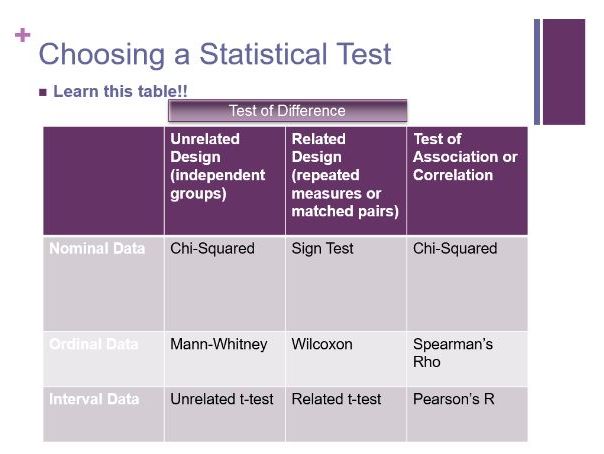EMSchooley's Shop
Hello and Welcome to my shop! I have a mixture of resources based on my experiences. Mostly, you will find resources for the Primary-Curriculum which have been developed in accordance with my experience teaching Primary. Secondly, you will find music-related resources developed in accordance with my musical training (BA Music - Oxford University). Finally, you will find GCSE A-Level appropriate resources that I developed when I was a student. I hope you will find something of use to you. :)




















